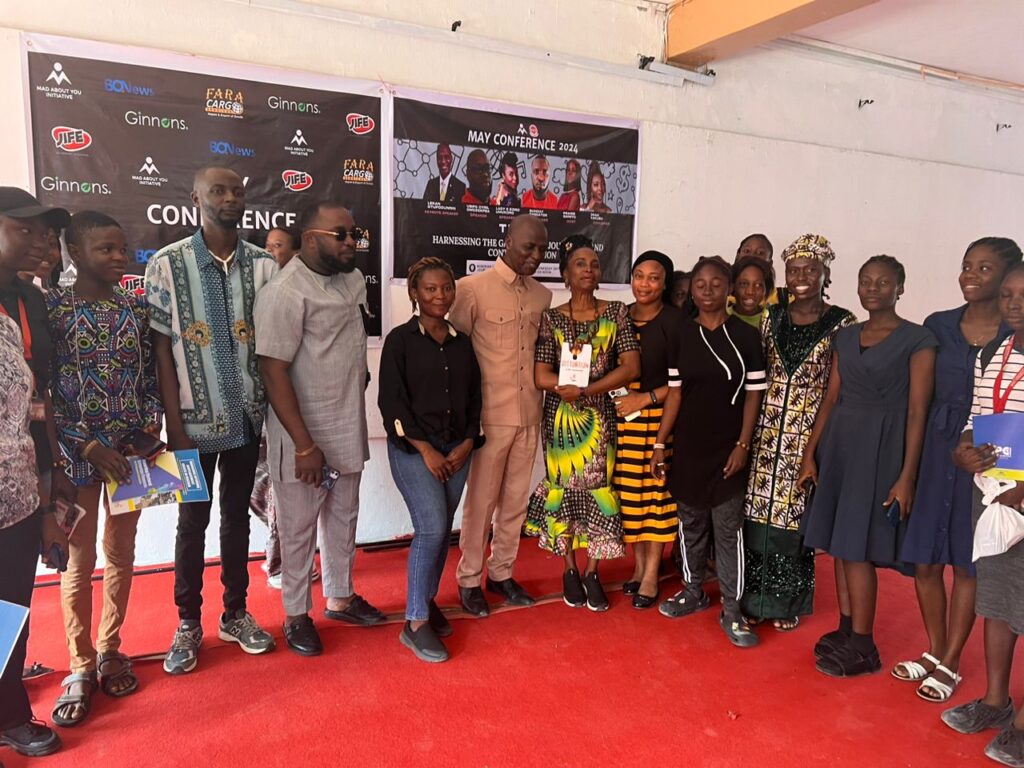Content Creation and Journalism: Bridging the Gap in the Digital Age
Journalism is not blogging. Content creation are different information types. Understanding how journalistic content is distinct yet significant in the digital age, gives journalists a better approach in reaching the interests of the public it serves based on truth, fact and balance reportage.
By Omotayo Kadri
“Information sharing does not make everybody a journalist,” asserted Lekan Otunfodurin, a seasoned online media journalist, during the one-day media conference organized by the Nigerian Institute of Journalism in Lagos.
The Need for Embracing online Journalism
The media conference, themed “Harnessing the Gap Between Journalism and Content Creation,” emphasized the importance of embracing online journalism. In an era marked by the rapid spread of fake news and misinformation, it is crucial to address this challenge posed by unqualified individuals.
Beyond Traditional Journalism
Lekan Otunfodurin emphasized that journalists must move beyond traditional reporting and establish a strong presence on various social media platforms. By doing so, they can promote responsible journalism and ensure credibility in information dissemination. He encouraged student journalists to actively engage in online content creation even before completing their courses.
Personal Branding and Enduring Online Presence
To drive home the point about online content creation, an interactive session was led by Lady Ejiro Umukoro, the Director of Training and Development at LightRay! Media organization. She highlighted self-development as the key to personal branding, emphasizing that journalists can build enduring online personas through continuous growth and engagement.

Thriving and Monetizing Content Creation
A highlight of the event was the session by Usifo Cyril Omozokpea, the Audience Development Manager at The Conversation Africa. Omozokpea delved into strategies for thriving and monetizing content creation in the digital market. His key points included:
Audience Targeting:
Students should carefully identify channels that align with their target audience. Whether it’s a blog, podcast, or social media platform, understanding the audience is essential.
Freelancing and Entrepreneurship:
Omozokpea encouraged students to explore freelance opportunities and entrepreneurial ventures. Combining journalistic ethics with content creation can lead to sustainable income streams.
Consistency and Channel Selection:
Consistent content creation, coupled with choosing the right social media channels, eventually pays off. Monetization becomes feasible when content reaches the right audience consistently.
Upholding Ethical Standards in Online Content Creation
Sunday Ehighator, an investigative and crime reporter, emphasized the need for rigorous fact-checking and verification when creating online content. Upholding ethical standards ensures that information shared online is accurate and reliable.
Panel Discussion: Insights from Media Professionals
The one-day media conference concluded with a lively panel discussion. Media professionals shared their experiences, fielded questions from participants, and explored practical approaches to bridging the gap between journalism and content creation.
In summary, the event underscored the symbiotic relationship between journalism and content creation. As the digital landscape evolves, journalists must adapt, embrace new platforms, and maintain ethical standards while creating valuable content.





Comments